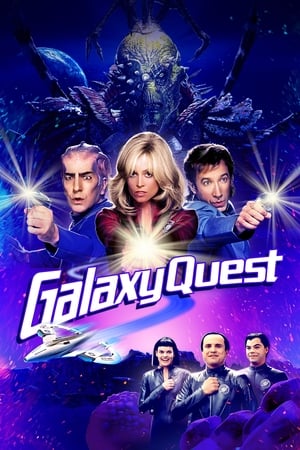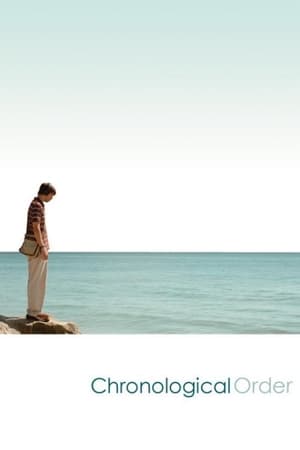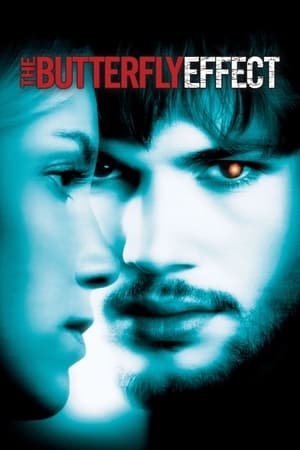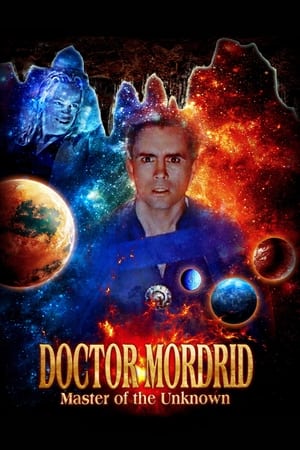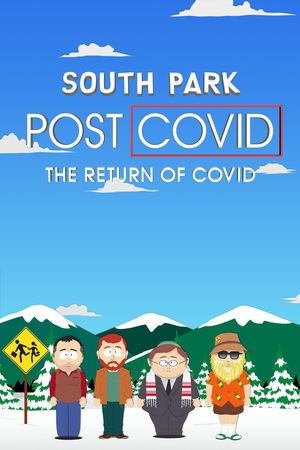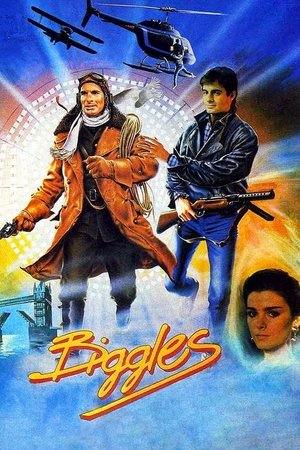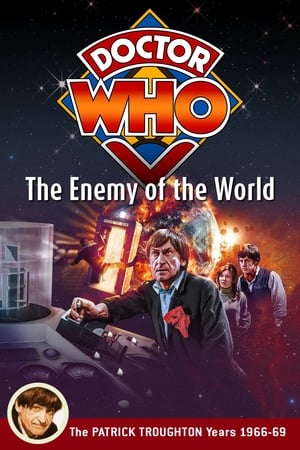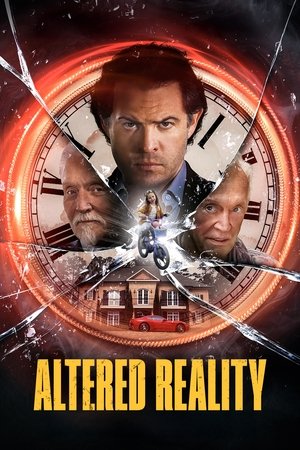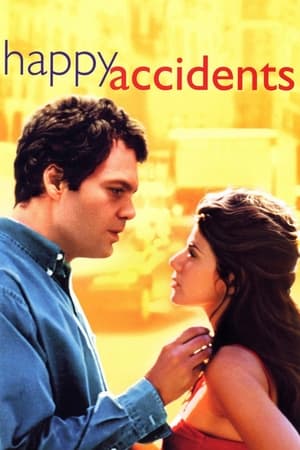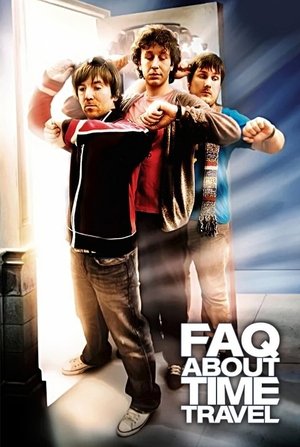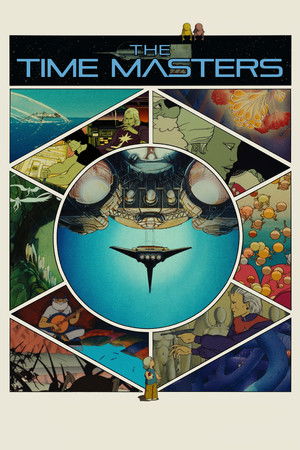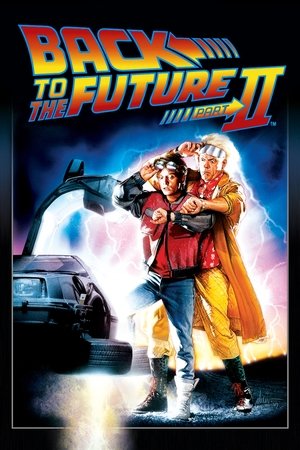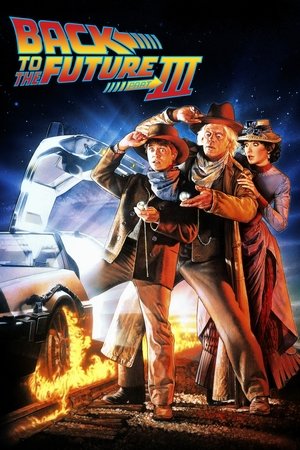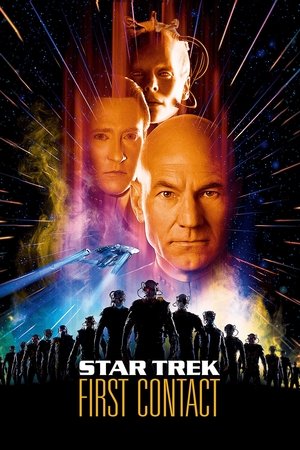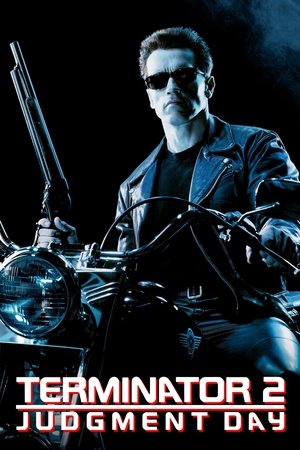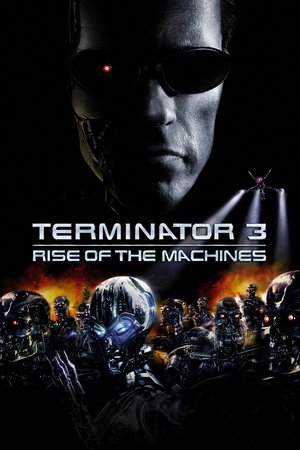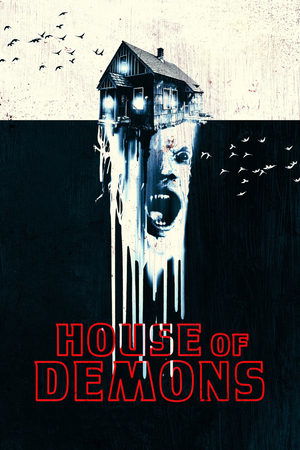Overview
The Doctor visits his old Time Lord friend Chronotis in Cambridge, 1979. But the ruthless Skagra has also arrived to retrieve a book that will help unlock one of the Time Lords' greatest secrets: what is Shada? Filming for this story was never finished, and in this version the unfilmed material is completed via animation.
Reviews
I have a friend who was involved in the commissioning of these hybrid animation versions of the old missing or incomplete "Dr. Who" series' and I think my scepticism was probably borne out with this rather curiously spliced story. With industrial action hitting the production with a week's worth of filming still to do, the animators have tried to visualise the gaps whilst the "Doctor" (Tom Baker) and "Romana" (Lalla Ward) have returned to revoice the additional bits as the story takes us to the planet of "Shada". It's a prison that holds - well it used to hold - the devious "Skagra" (Christopher Neame) who has escaped with quite an uniquely cunning plan. He wants to round up all the brains he can find and pool them into a great database of galactic knowledge. The best and worst of us all under his control! Thing is, only the Time Lords know where the place is, so when he discovers the retired old "Chronotis" (Denis Carey) living peaceably as a university lecturer on Earth, he sets off, replete with his ominous flying sphere, to incorporate his mind into his cerebral hub too. "Skagra" hadn't counted on he old chap still having enough of his wits about him to send for his favourite student - and so you know who and his pal and his dog duly arrive to combat his evil. I thought this a pretty weak story and Neame hadn't the slightest degree of menace as he prances around in his silvery cape. It does present us with quite an interesting look at just how the series was filmed, though, with the animated gaps illustrating the sort of batch-filming approach that was used before the edit - leaving no real rhyme nor reason to the absent bits. It's all watchable enough, but more as a curiosity and testament to some restorative imagination rather than because it's really very good.

 137 min
137 min
 7.075
7.075
 2017
2017
 United Kingdom
United Kingdom
 CinemaSerf wrote:
CinemaSerf wrote: